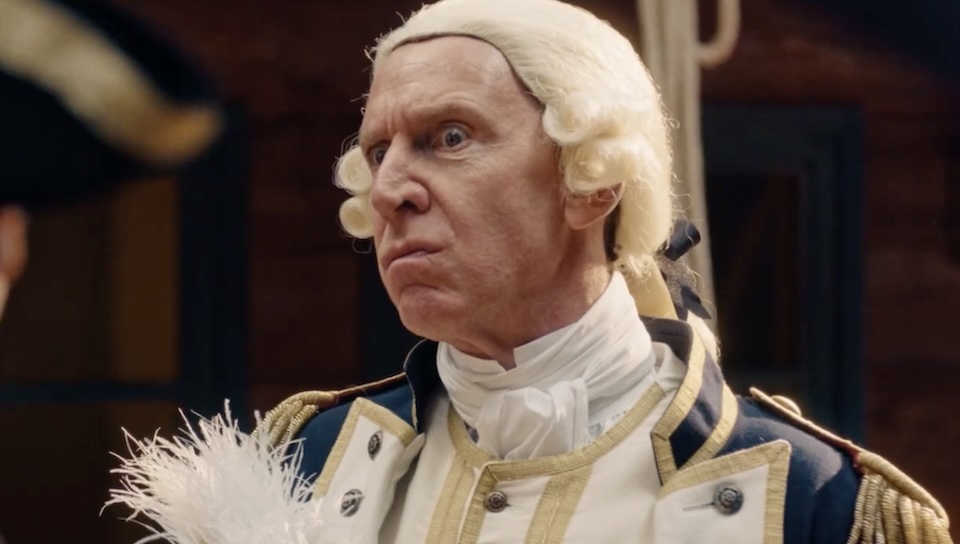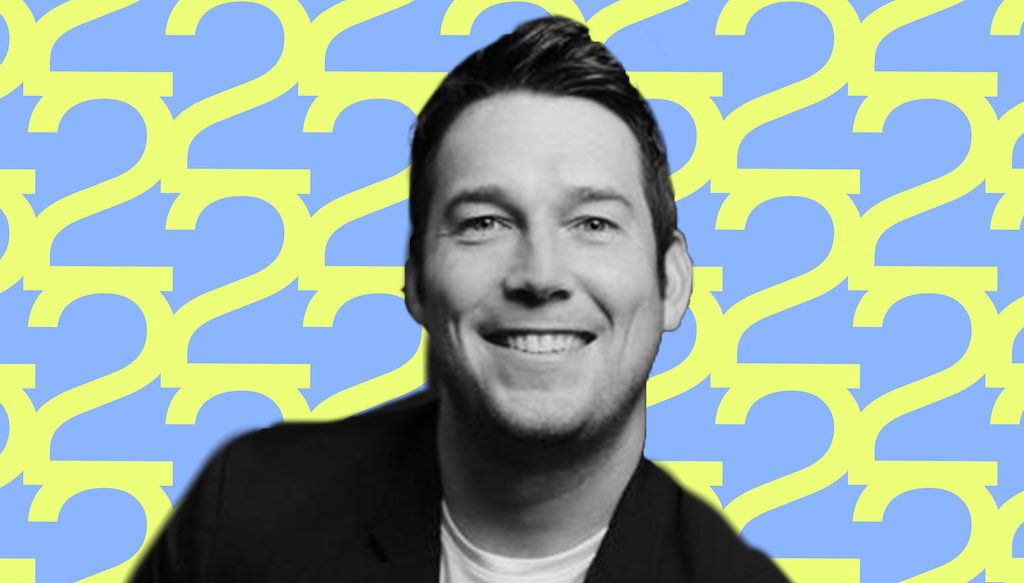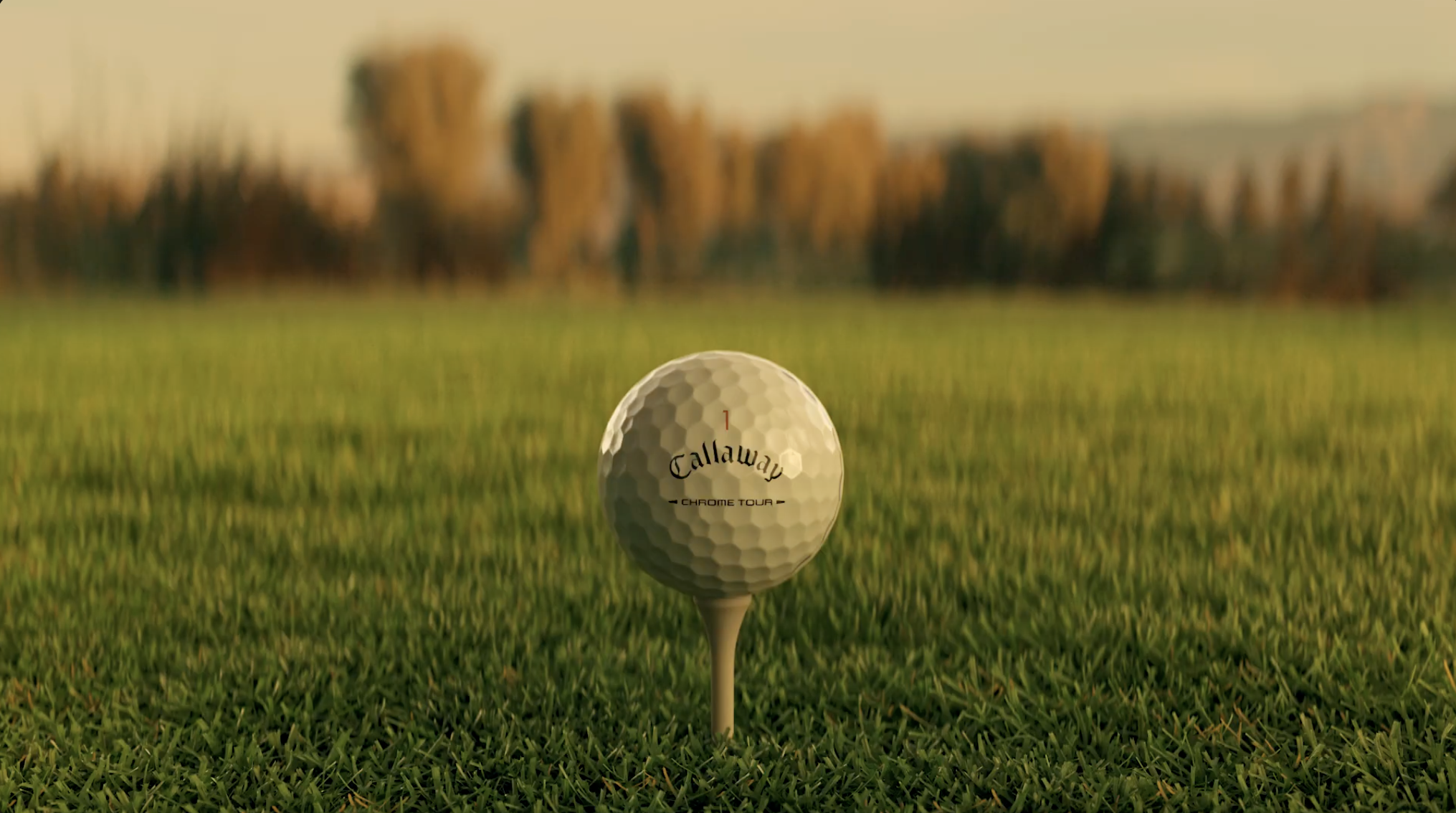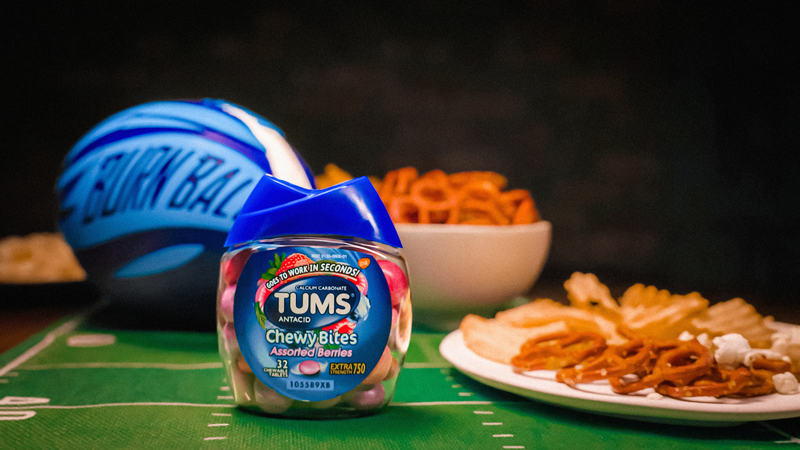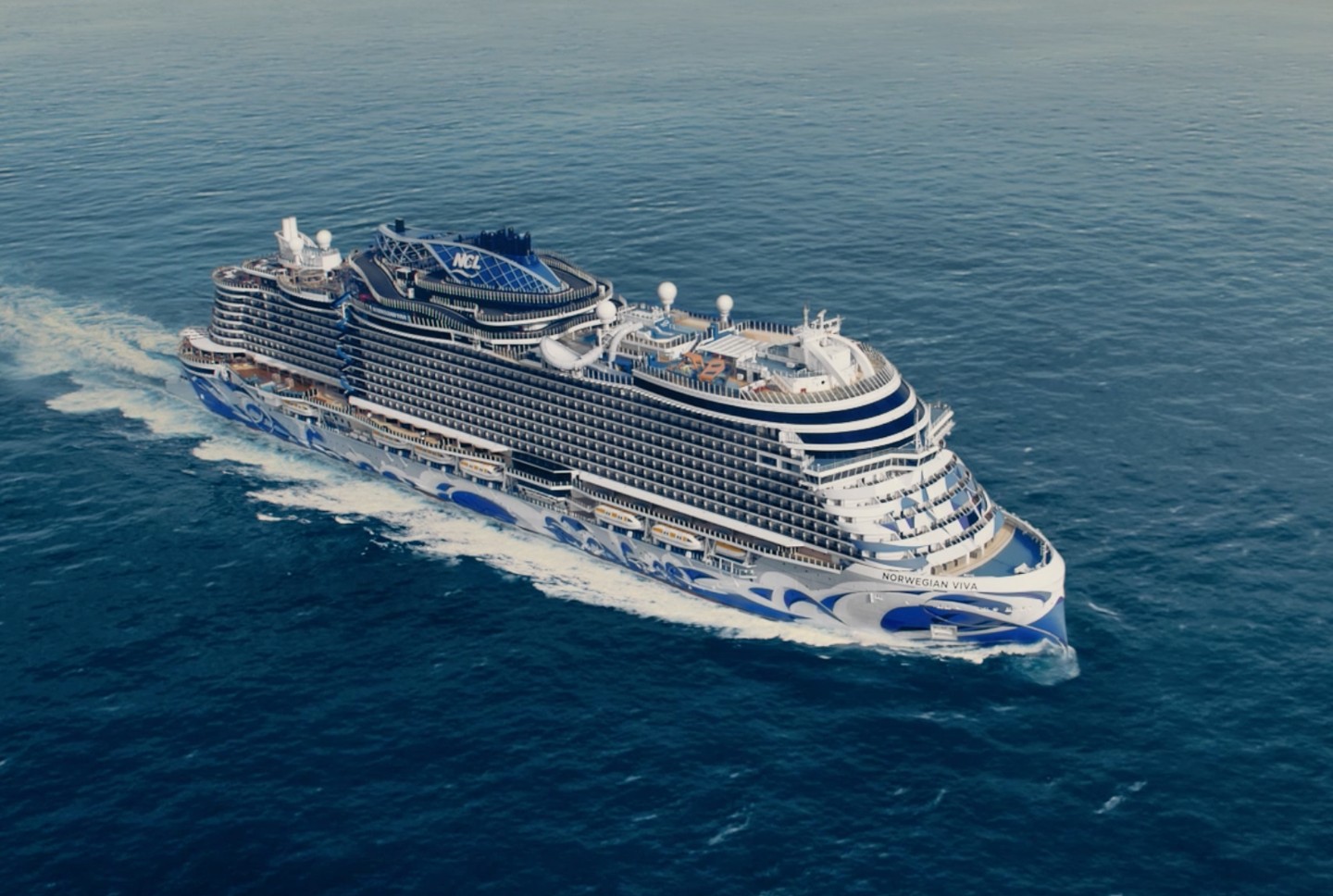
EYE TEST...

EYE TEST...

EYE TEST...

EYE SCAN...

EYE SCAN...

EYECARE...

EYECARE...

EYECARE...
Advertiser Category
Health Institutions & Services
Medium
Print & Out of Home Craft
DISCLAIMER: Artwork is optimised for large format billboards. To get an experience closest to that of the consumer, please view it full screen on a laptop or larger.
Australians weren't being proactive enough with their eyecare, and as a result, it is estimated that over 50% of Australians will have a life-impacting eye condition by the year 2050. A frustrating statistic considering 90% of conditions are treatable with early detection.
1001 Optometry wanted Australians to book in for a checkup. But it wouldn't be as simple as asking them to get an eye test. Local governments and brands have spent millions doing so, without much impact. Turns out, eyecare wasn't an awareness problem. It was a self-awareness problem. People just didn't think it would impact them, failing to notice the early signs of deterioration until their eyes are too far gone to reverse.
So instead of making a campaign that told Australians they needed an eye test, 1001 Optometry made a campaign that showed them… with their own eyes.
The Hidden Eye Test is a world-first OOH campaign that can detect deteriorating eye heath simply by looking at it.
Partnering with leading optometrists and digital AI artists, we created a series of billboards containing words only visible to people with blurry eyes, while still being eye-catching to those without.
The process involved crafting an innovative new text that could only be seen when blurred. Drawing inspiration from a variety of different illusion techniques, the illusive text was crafted by layering high-frequency and low-frequency images into the perfect composition of foreground, background, wardrobe, shapes, colours and contrast. A composition so natural that good eyesight wouldn't bat an eye.
After some preliminary testing, it was clear that even the world's top photographers and retouchers couldn't make the illusion work on their own. It could only be done with the flexibility and programability offered by AI. But no single program could do it all. It took leading AI artists and optometrists a year of R&D, chaining multiple programs together in an innovative way to craft an entirely new AI engine. It was then trained with curated visuals and prompts, nurturing the tools to achieve the right illusions. They were then tested, adjusted and perfected to ensure they met optometry diagnosis standards.
The media was tactically then selected by viewing distance, ensuring viewers would be right where they needed to be without any prompt.
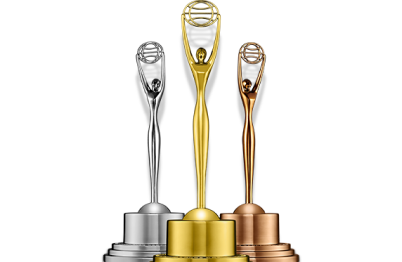

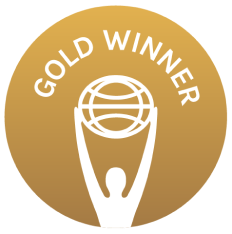














 EYE TEST...
EYE TEST... EYE TEST...
EYE TEST... EYE TEST...
EYE TEST... EYE SCAN...
EYE SCAN... EYE SCAN...
EYE SCAN... EYECARE...
EYECARE... EYECARE...
EYECARE... EYECARE...
EYECARE...


